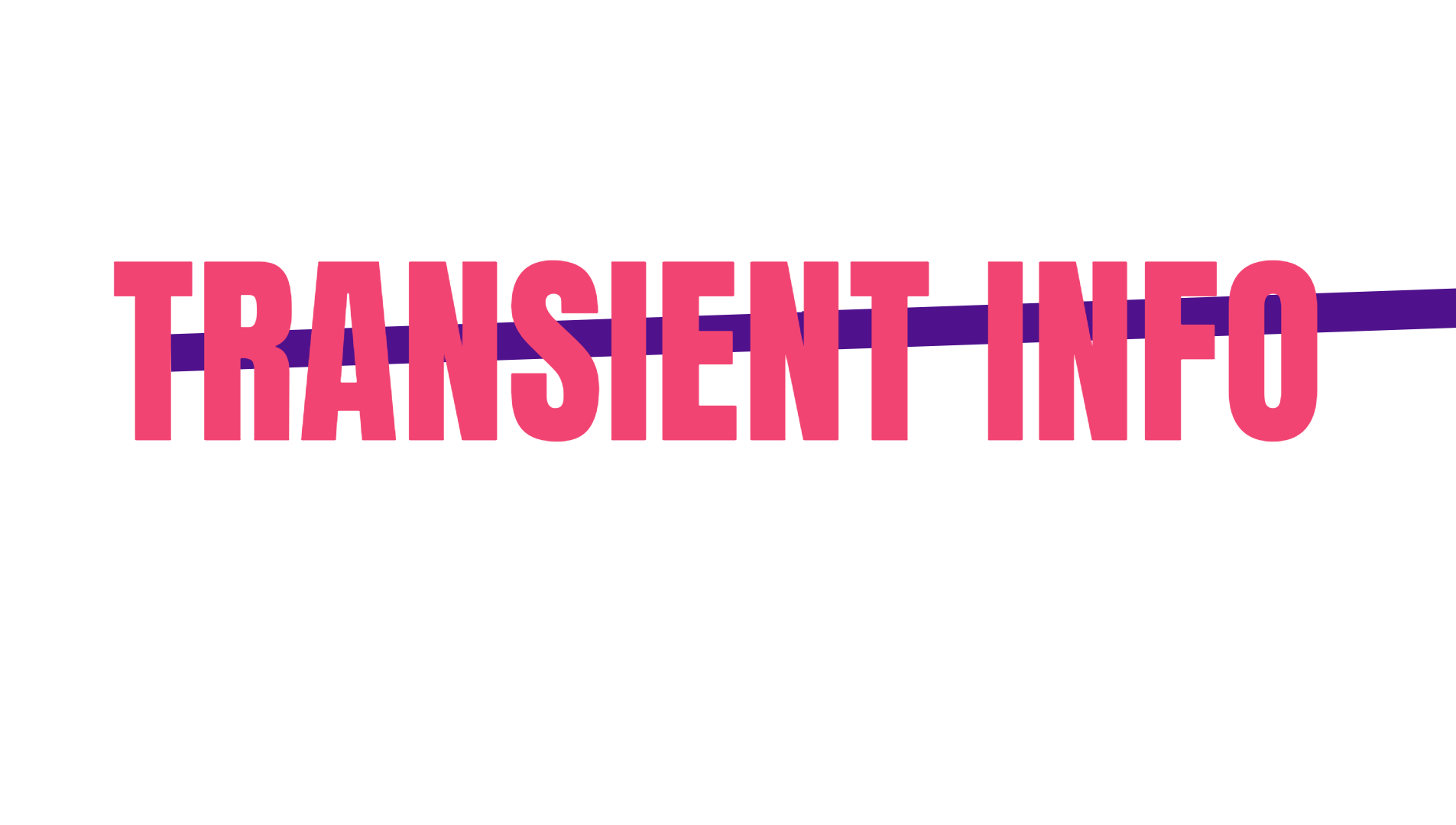Walter Benjamin’s The Destructive Character AI-fication
This AI-generated experimental film resurrects Walter Benjamin’s 1931 text through contemporary machine learning technologies, creating a haunting dialogue between past and future. The film reanimates Benjamin himself—his voice deep-cloned from a rare recording, his image brought to life from historical photographs, and his writing style AI-mimicked from his notebooks to generate the film’s subtitles. Each sentence of the original essay serves as a prompt for AI-generated imagery, sound, and motion, transforming Benjamin’s philosophical fragments into a complex audiovisual composition.
The project frames artificial intelligence as the very destructive character Benjamin theorized—an entity that “sees ways everywhere” and embodies capital’s creative-destructive force. By channeling Benjamin’s spectre through AI systems, the film reveals how his prescient critique of progress haunts our technological present. The work operates as both a prophetic transmission from the past and a hyperstitional artifact from the future, where the very computational systems enacting the film manifest Benjamin’s core insights about technological reproduction in a paradoxical gesture that at once preserves and transmutes the authentic traces of Benjamin himself.
Through this meta-narrative approach, the project explores how AI technologies simultaneously embody and interpret Benjamin’s text, creating a recursive loop where AI becomes both the subject and the means of its own philosophical investigation. The result is a hauntological meditation on progress, destruction, and the accelerating forces of capital as they materialize through artificial intelligence.
Short Bio
Kosmas Giannoutakis is a composer, media artist, computer musician, and researcher. He holds a PhD in Electronic Arts from the Rennselaer Polytechnic Institute (RPI) and a Master of Arts in computer music at the Institute for Electronic Music and Acoustics (IEM). His artistic and scholarly work explores alternative modes of musicking, intra-acting with contemporary advancements in technology, including Artificial Intelligence and Distributed Ledger Technology, as well as theoretical frameworks, such as critical posthumanities and speculative materialisms.
Kosmas Giannoutakis is a composer, media artist, computer musician, and researcher. He holds a PhD in Electronic Arts from the Rennselaer Polytechnic Institute (RPI) and a Master of Arts in computer music at the Institute for Electronic Music and Acoustics (IEM). His artistic and scholarly work explores alternative modes of musicking, intra-acting with contemporary advancements in technology, including Artificial Intelligence and Distributed Ledger Technology, as well as theoretical frameworks, such as critical posthumanities and speculative materialisms.
His artistic practice spans sonic and audiovisual domains, encompassing algorithmic composition, live electronics, robotic and interactive installations, film music, and AI-filmmaking. He specializes in computer-generated media, live coding, and telematic performances, often incorporating AI techniques and systematic processes of collaborative composition.
His work has been presented at major international conferences including the International Computer Music Conference (ICMC) in Utrecht, Limerick, and Santiago, International Conference on Live Coding (ICLC) in Utrecht and Barcelona, ALIFE Conference in Tokyo, XCoAx Conference on Computation, Communication, Aesthetics & X in Lisbon and Weimar, Toronto International Electroacoustic Symposium, and the “klingt gut!” Symposium on Sound in Hamburg. His pieces have been featured at renowned festivals such as Ars Electronica Festival, San Francisco Tape Music Festival, Gaudeamus Muziekweek in Utrecht, Matera Intermedia Festival, New York City Electroacoustic Music Festival, Ecos Urbanos Festival, EviMus6, and the Silicon Valley International Contemporary Art Exhibition. Distinguished institutions across Europe and North America have hosted his performances and installations, including ZKM (Zentrum für Kunst und Medien), Institute for Computer Music and Sound Technology (ICST) at Zurich University of the Arts, EMPAC (Experimental Media and Performing Arts Center), BEAST (Birmingham ElectroAcoustic Sound Theatre), Institute of Sonology, Lydgalleriet, and Ljudmila Art and Science Laboratory.
His work has been presented at major international conferences including the International Computer Music Conference (ICMC) in Utrecht, Limerick, and Santiago, International Conference on Live Coding (ICLC) in Utrecht and Barcelona, ALIFE Conference in Tokyo, XCoAx Conference on Computation, Communication, Aesthetics & X in Lisbon and Weimar, Toronto International Electroacoustic Symposium, and the “klingt gut!” Symposium on Sound in Hamburg. His pieces have been featured at renowned festivals such as Ars Electronica Festival, San Francisco Tape Music Festival, Gaudeamus Muziekweek in Utrecht, Matera Intermedia Festival, New York City Electroacoustic Music Festival, Ecos Urbanos Festival, EviMus6, and the Silicon Valley International Contemporary Art Exhibition. Distinguished institutions across Europe and North America have hosted his performances and installations, including ZKM (Zentrum für Kunst und Medien), Institute for Computer Music and Sound Technology (ICST) at Zurich University of the Arts, EMPAC (Experimental Media and Performing Arts Center), BEAST (Birmingham ElectroAcoustic Sound Theatre), Institute of Sonology, Lydgalleriet, and Ljudmila Art and Science Laboratory.
